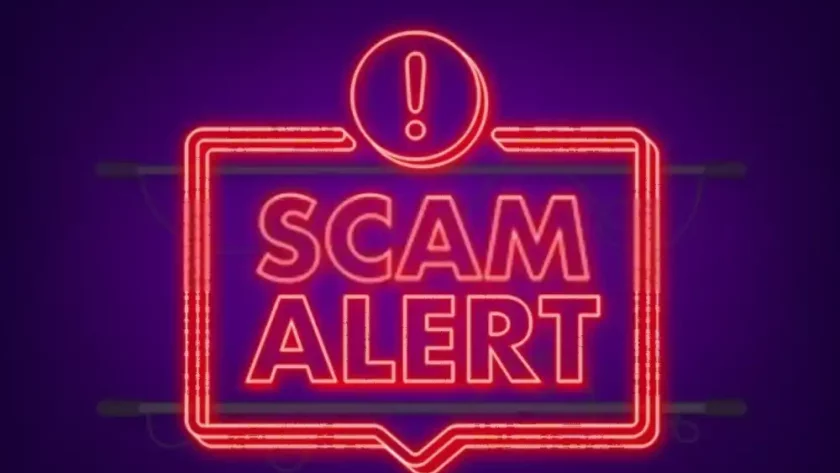Every year, people around the globe generously donate their time and resources to charitable causes. This can take the form of volunteering at a local non-profit or simply making a financial contribution to a larger organization.
Charitable donations can greatly impact causes you care about, but it is important to be aware that not all organizations claiming to be charities are legitimate.
What Is a Charity Scam?
Some scammers use charitable causes to trick people into giving them money or personal information. To ensure that your donations are going to a trustworthy organization, it is important to research and be cautious before giving.
Charity scams refer to any fraudulent activity in which donations are solicited through deceptive means. This could involve pretending to represent a legitimate charity, setting up a fake crowdfunding campaign, or using aggressive tactics to coerce people into giving. These scams aim to steal money from unsuspecting donors and can be quite effective.
It’s essential to be aware of charity scams for your financial protection and to ensure that your donations support a legitimate cause. This article will examine the various types of charity scams and offer tips on safeguarding yourself and your donations.
How to Protect Yourself from Charity Scams
To safeguard your personal information and ensure that your donations are going to legitimate charities, it is crucial to recognize different types of charity scams and take precautions to avoid them. Some helpful tips include:
- Research the charity before donating – Don’t just take someone’s word that a charity is legitimate. Do your research to verify that the organization is registered and that your donations will be used for the intended purpose. Charities like RedCross.org have a registered charity number and can be easily verified. Check out the charity’s website, read reviews, and ask for information about how your donations will be used.
- Protect your privacy – Protect your personal and financial information by being cautious of anyone who asks for it, especially if you did not initiate the contact. Scammers may use this information to steal your identity or gain access to your accounts. It is important to keep this information private to avoid becoming a victim of fraud.
- Ignore high-pressure tactics – Beware of anyone who tries to pressure you into donating right away or threatens to withdraw their offer if you don’t give. This is likely a scam. Genuine charities will not use high-pressure tactics to get you to donate and will give you time to think about your decision.
Types of Charity Scams
You should be aware of several different types of charity scams. Some of the more common scams include:
Impersonation of legitimate charities
One type of charity scam involves individuals or groups pretending to be established charities to solicit donations. They may use similar names or logos or claim to be affiliated with a reputable charity. These scammers may use social media or email to contact potential donors.
Phishing scams
Phishing scams are a common cybercrime that involves deceiving individuals into revealing personal or financial information through fake emails or websites.
Scammers may send emails or texts claiming to be from a charity, asking for donations, or requesting personal information. Be wary of any unsolicited requests for information, and always verify the sender’s identity before responding.
False crowdfunding campaigns
Crowdfunding platforms, such as Kickstarter and GoFundMe, have become popular ways to raise money for charitable causes. However, not all campaigns are legitimate, and scammers may set up fake campaigns to steal money from donors.
Be sure to research any campaign before donating, and consider donating through a reputable organization rather than directly to an individual.
Door-to-door solicitations
While some legitimate charities may knock on doors to collect donations, scammers may also use this tactic to steal money. Be cautious of anyone at your door asking for donations, and always ask for identification before giving any money.









